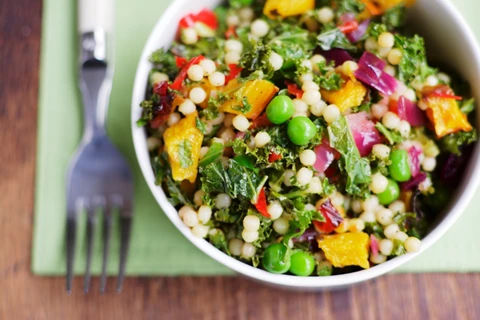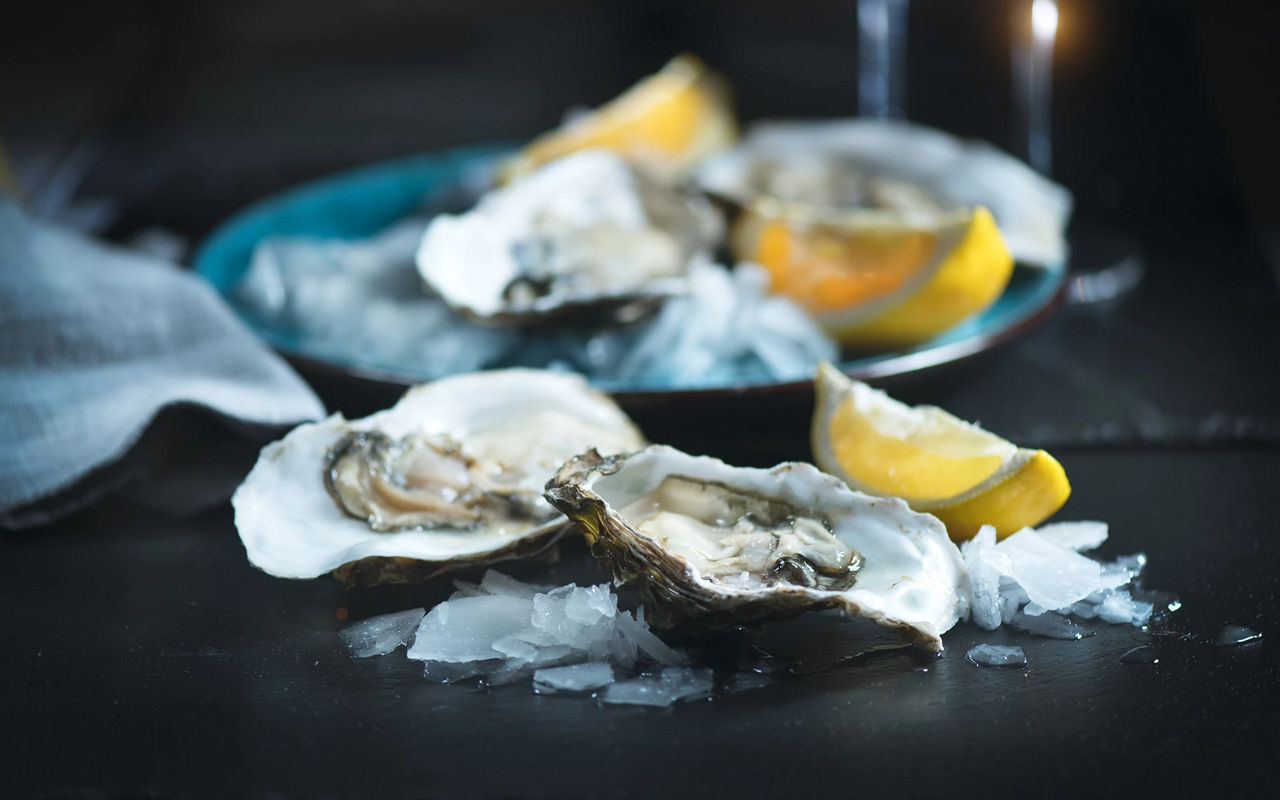How much water should you drink during pregnancy?
We may not think of fluids as a significant part of our diet, but drinking an appropriate amount of water is essential for your own health. It’s also essential for your baby’s development during pregnancy, although, if you have morning sickness, we understand that even keeping fluids down can be tricky.
Here you’ll find plenty of information about the importance of staying hydrated for both you and your baby, including daily water intake recommendations, the best beverages to choose, and tips for maintaining hydration if you experience morning sickness.
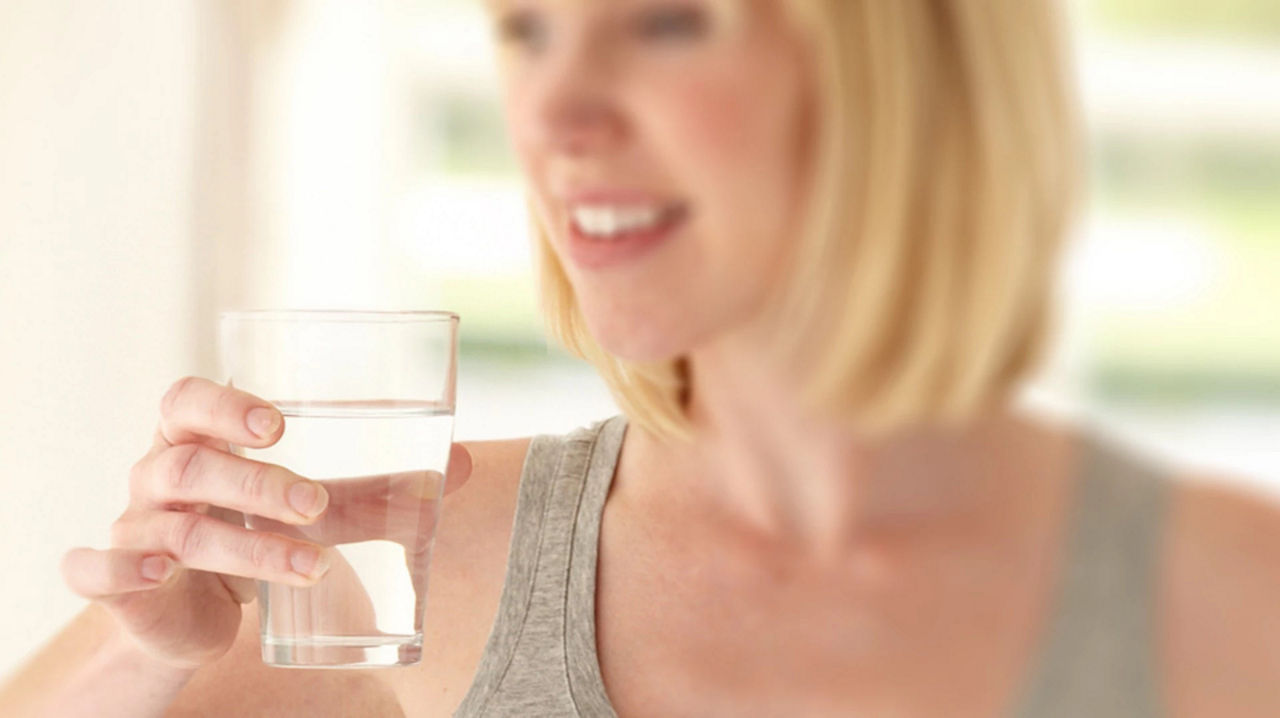
The importance of staying hydrated in pregnancy
A huge proportion of the human body is made up of water. At birth, our bodies are 70% water, although this decreases to 55% in the elderly1. Water keeps our complex systems working properly, whilst also helping us absorb nutrients and flush out toxins2.
Some of the most crucial support systems for your growing baby also involve a significant amount of water. Your blood volume which supplies your baby with oxygen, for instance, increases by 50% as you reach your third trimester3. In addition, the amniotic fluid, which provides nourishment and cushioning for your baby while supporting their growth in the womb, is also made up of mostly water4.
Pregnant women may need to drink more water than usual to help meet the increased demands on their bodies and maintain those life-sustaining systems as their baby grows. Drinking plenty of water and eating a fibre-rich diet can help prevent dehydration and ease common pregnancy symptoms like constipation and piles (haemorrhoids)5.
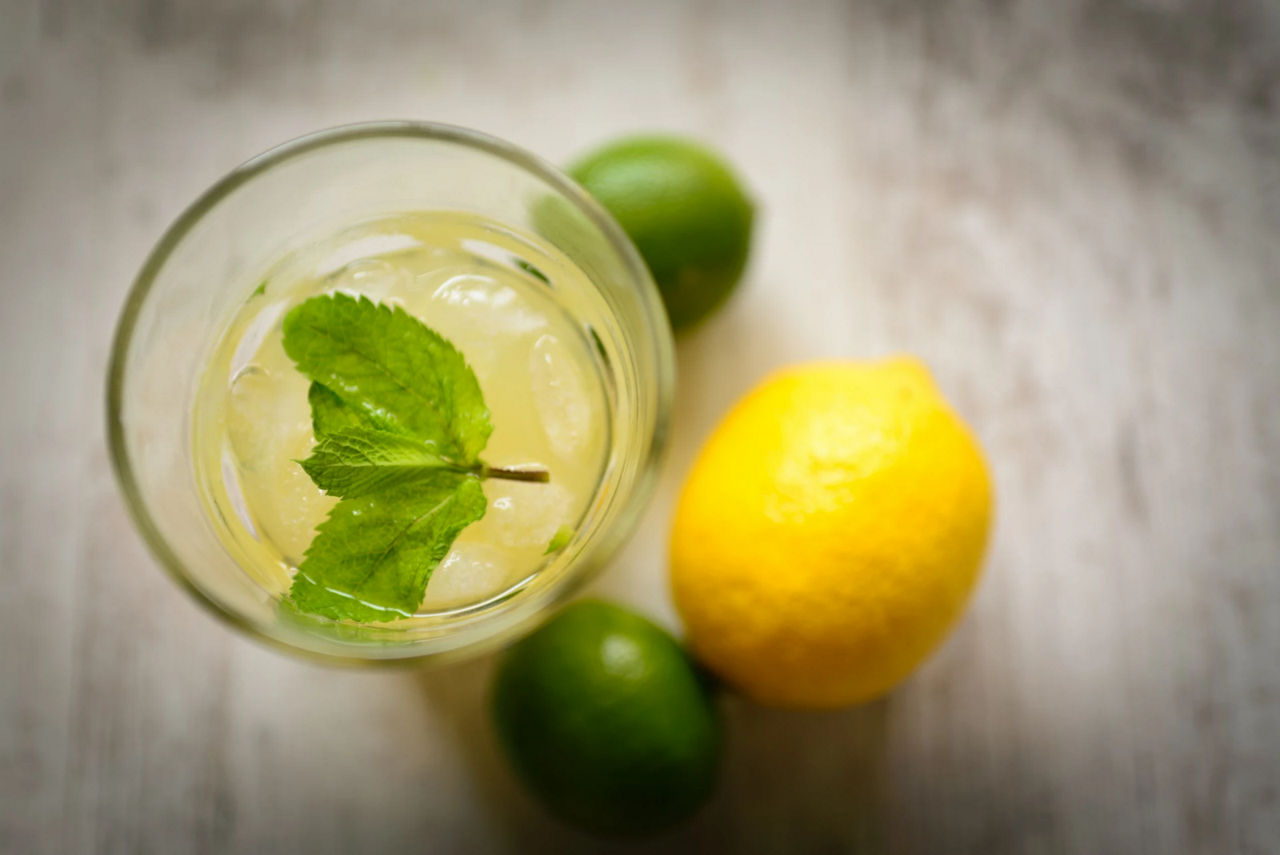
How much should you drink when you’re pregnant?
The Department of Health recommends that we drink around 6-8 glasses of fluid a day (approximately 1.2 litres)6.
Although your need for water increases during pregnancy, there’s no single recommendation for the amount that you need to drink. That’s because everybody is different, and various factors, including body weight, temperature and activity levels will affect how much water you’ll personally need per day1.
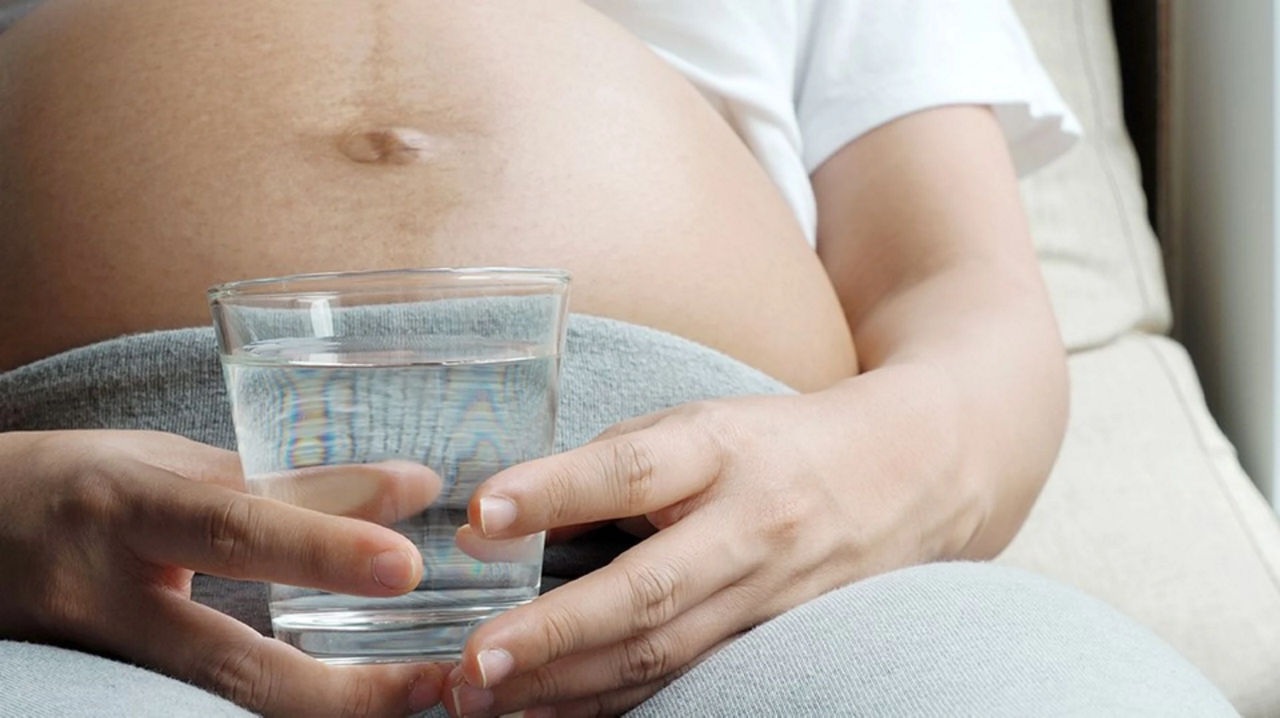
What should you drink when you’re pregnant?
The best things for pregnant women to drink during pregnancy include6:
- Water - this includes tap water and bottled still or sparkling water
- Milk
- Fruit juices and smoothies. Try to limit your intake of these to around 150ml per day. This is because they can contain high levels of sugar.
- Sugar free squash
Where possible, opt for juices that contain vegetables such as kale or spinach which tend to be lower in sugar. Or why not create your own fruit infused waters to sip on by adding a slice of lemon, lime or orange?
Soup has a high water content and counts as part of your fluid intake while providing a good serving of beneficial nutrients7 - just be mindful of how much salt it contains.
Drinking alcohol during pregnancy can be harmful for your baby, and pregnant women and those who are planning to have a baby are advised to avoid it altogether8.
Can pregnant women drink sparkling water?
Yes absolutely, it’s safe for pregnant women to drink carbonated or sparkling water.
Can pregnant women drink tonic water?
Tonic water contains a substance known as quinine, a bittering agent that comes from the cinchona tree. Whilst unlikely to be harmful in small amounts, quinine can cross the placenta and enter into your baby’s system, having a negative impact on their health. As such, pregnant women are advised against drinking beverages that contain quinine due to the risks it can pose - no matter how small9.
As such, it’s advisable to stick to plain or sparkling water instead of beverages that contain quinine during your pregnancy, just to be on the safe side.
Staying hydrated with morning sickness
If you’re suffering with morning sickness, and struggling to keep fluids down, you might run the risk of becoming dehydrated. Some useful tips that could help: try to take small sips regularly, and build up the amount you’re drinking slowly, rather than large gulps of water or fluids at once7 - even small amounts add up and can minimise your risk of becoming dehydrated.
You may also find that drinking fluids at room temperature, rather than ice cold, helps. Some women find that soups and broths are easier to keep down, while others stay hydrated with milk or sugar-free squash. It’s a matter of trial and error and finding what works for you.
If you’re struggling to cope with the symptoms of morning sickness, and you’re worried about becoming dehydrated, always seek advice from your GP or midwife, as they’ll be able to decide on the best course of action.
To stay hydrated during your pregnancy you could try:
- Keep a glass of water next to your bed to drink first thing in the morning.
- Keep a bottle of water handy to sip (and refill) regularly throughout the day.
- Try infusing water with different flavours to make it more interesting: a squeeze of lemon, lime or some fresh mint leaves are just a few refreshing options
Related Topics
related articles
Read more

Need some help?
You can get quick answers to common questions in our FAQs.
Alternatively, if you need help with general pregnancy or baby advice, or maybe on using or ordering our products - our expert team are always on hand to talk about feeding your baby.
- BDA. Fluid (water and drinks) and hydration [online 2023]. Available at https://www.bda.uk.com/resource/fluid-water-drinks.html. [Accessed April 2024]
- Popkin BM, D'Anci KE, Rosenberg IH. Water, hydration, and health. Nutr Rev. 2010 Aug;68(8):439-58. doi: 10.1111/j.1753-4887.2010.00304.x. PMID: 20646222; PMCID: PMC2908954.
- Soma-Pillay P, Nelson-Piercy C, Tolppanen H, Mebazaa A. Physiological changes in pregnancy. Cardiovasc J Afr. 2016 Mar-Apr;27(2):89-94. doi: 10.5830/CVJA-2016-021. PMID: 27213856; PMCID: PMC4928162.
- Modena AB, Fieni S. Amniotic fluid dynamics. Acta Biomed. 2004;75 Suppl 1:11-3. PMID: 15301282.
- NHS Inform. Eating well in pregnancy [online2023]. Available at https://www.nhsinform.scot/ready-steady-baby/pregnancy/looking-after-yourself-and-your-baby/eating-well-in-pregnancy/. [Accessed April 2024]
- NHS. Water, drinks and hydration [online 2023]. Available at https://www.nhs.uk/Live-well/eat-well/food-guidelines-and-food-labels/water-drinks-nutrition/. [Accessed April 2024]
- NHS. Dehydration [online 2022]. Available at https://www.nhs.uk/conditions/dehydration/. [Accessed April 2024]
- NHS. Drinking alcohol while pregnant [online 2023]. Available at https://www.nhs.uk/pregnancy/keeping-well/drinking-alcohol-while-pregnant/#:~:text=Drinking%20alcohol%20during%20pregnancy%20increases,alcohol%20spectrum%20disorder%20(FASD). [Accessed April 2024]
- BfR (German Federal Institute for Risk Assessment). Pregnant women should steer clear of quinine-containing beverages! [online 2008]. Available at https://www.bfr.bund.de/en/press_information/2005/17/pregnant_women_should_steer_clear_of_quinine_containing_beverages_-6393.html. [Accessed April 2024]
Last reviewed: 28th July 2020
Reviewed by Nutricia’s Medical and Scientific Affairs Team


